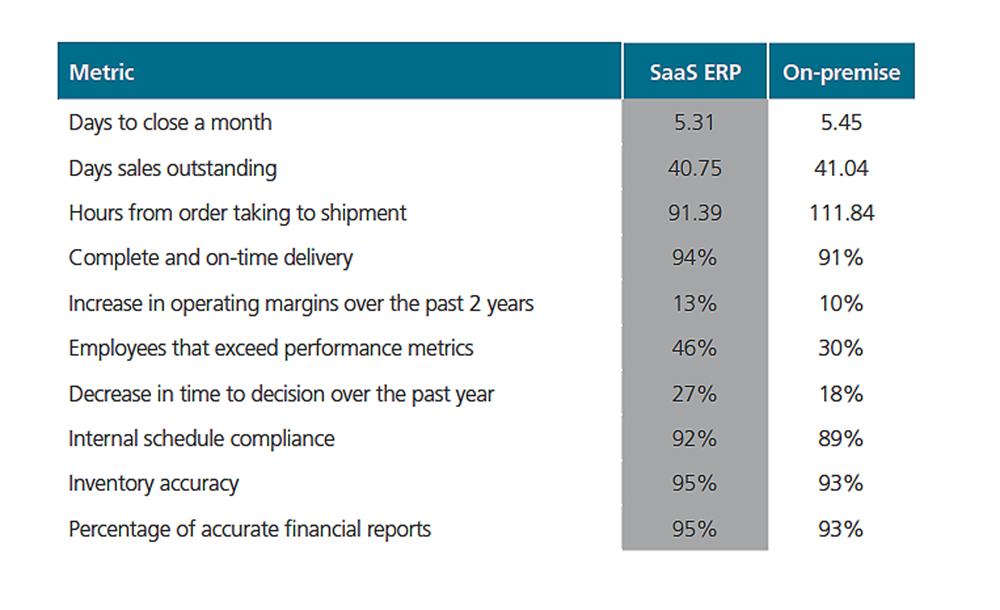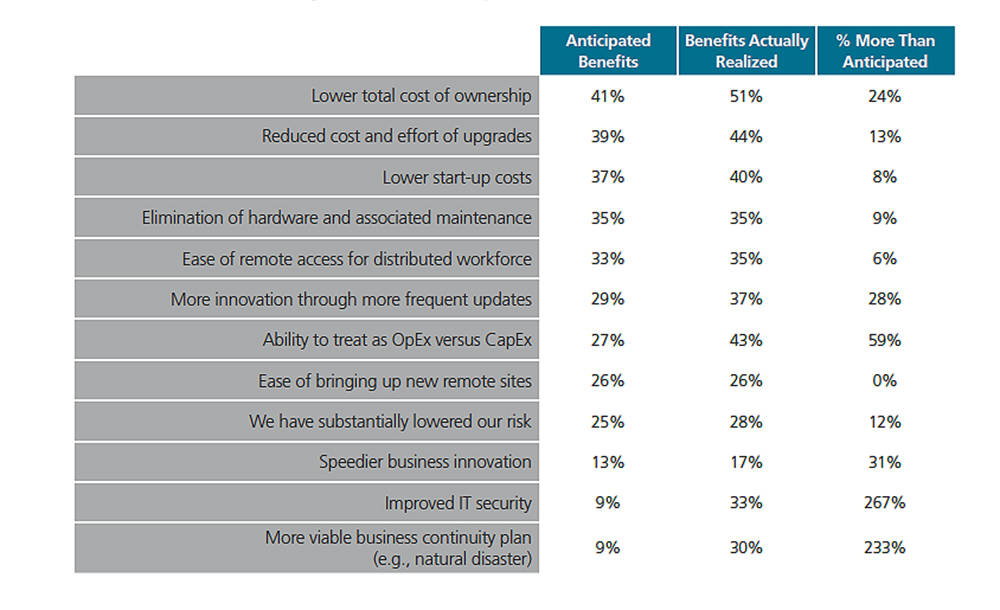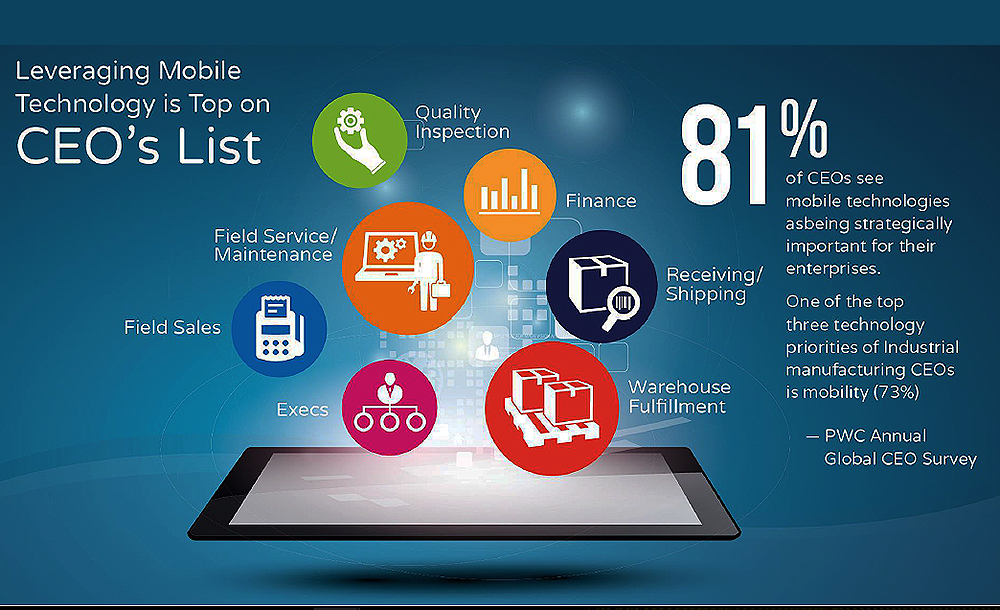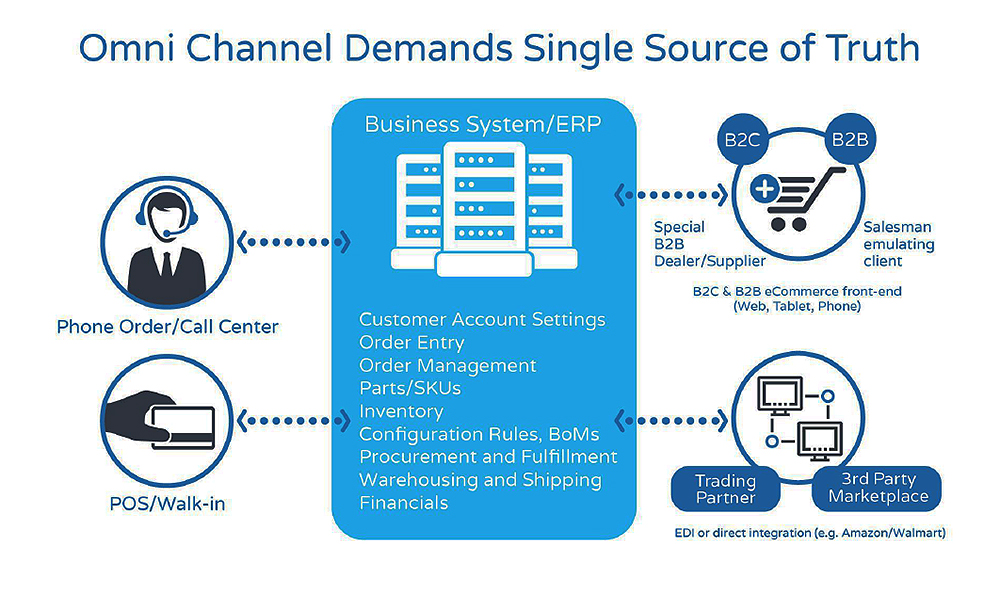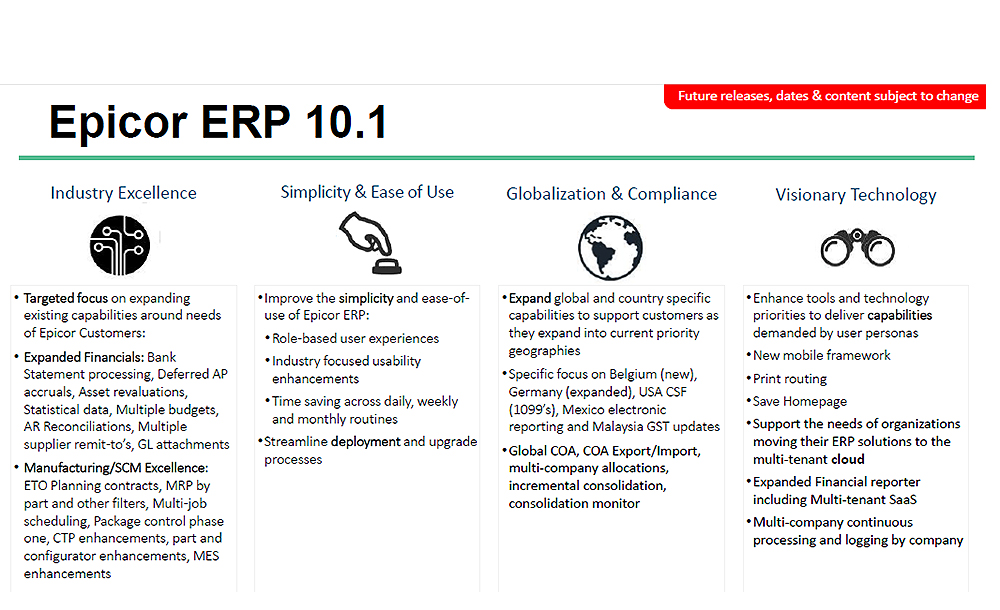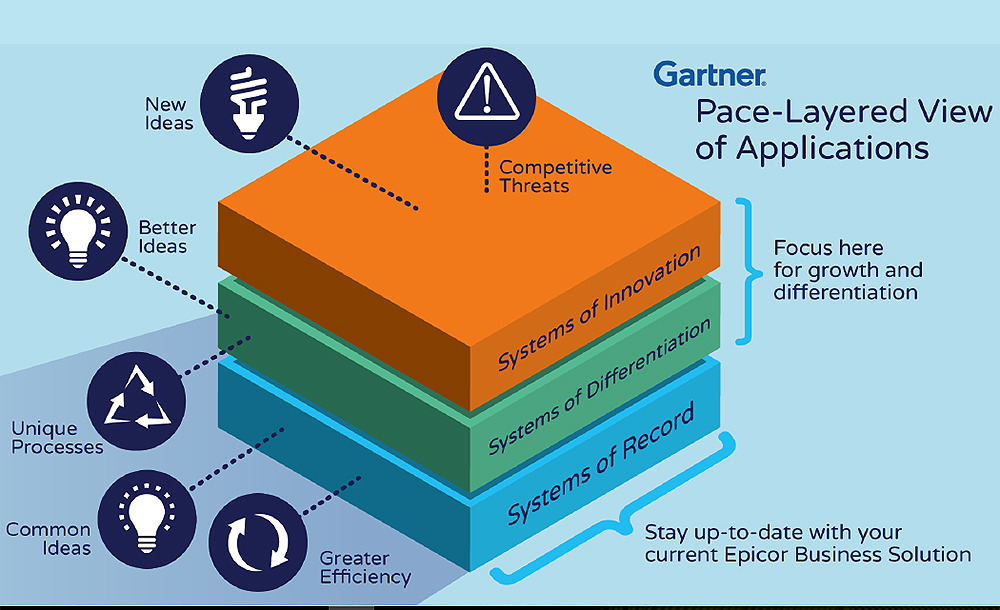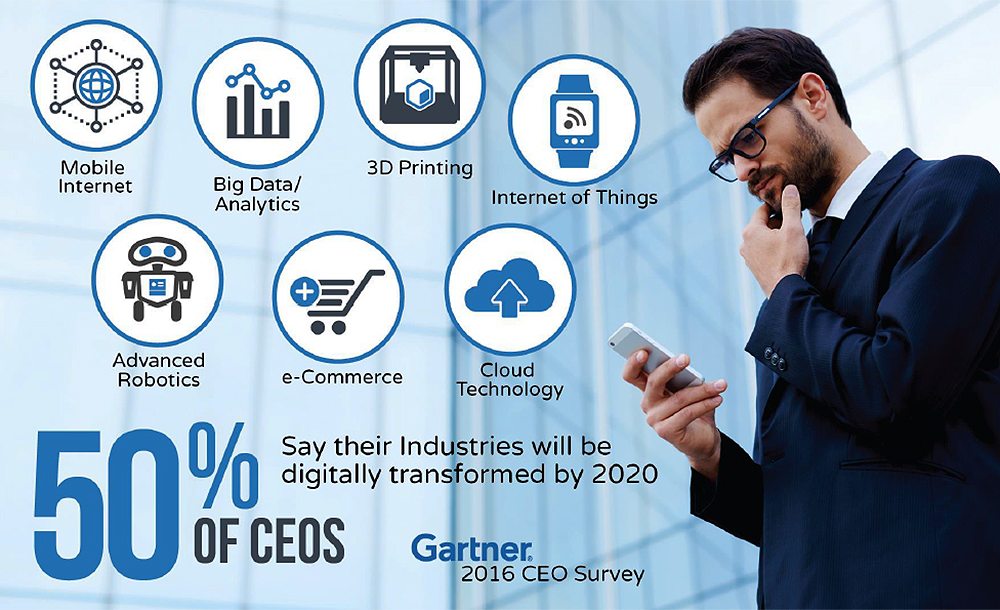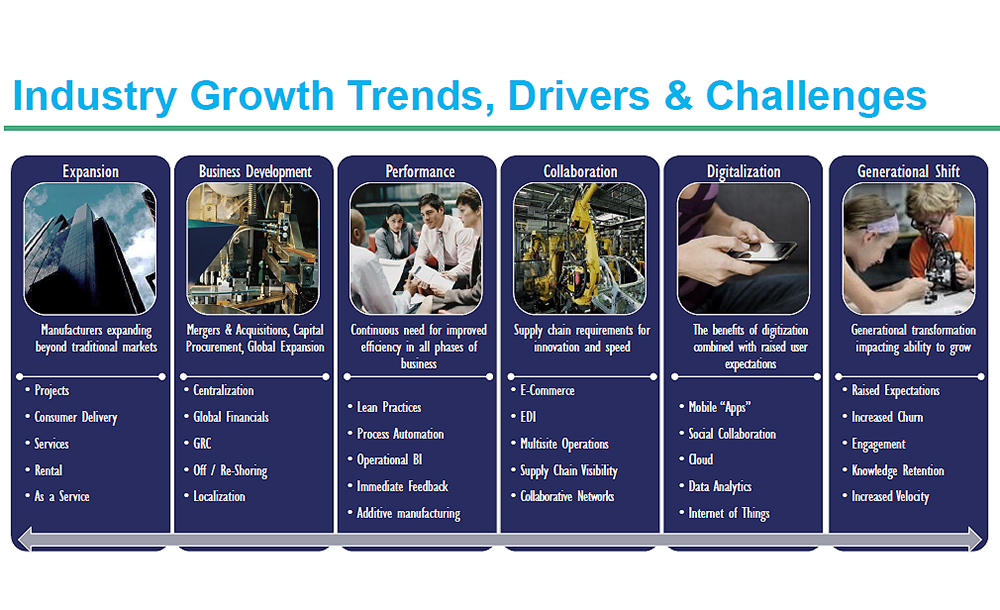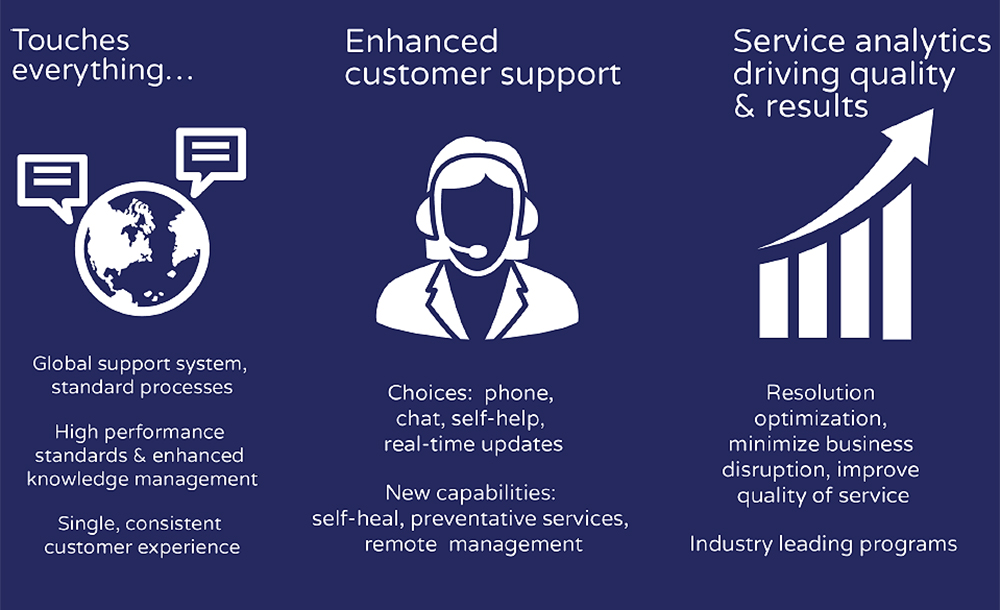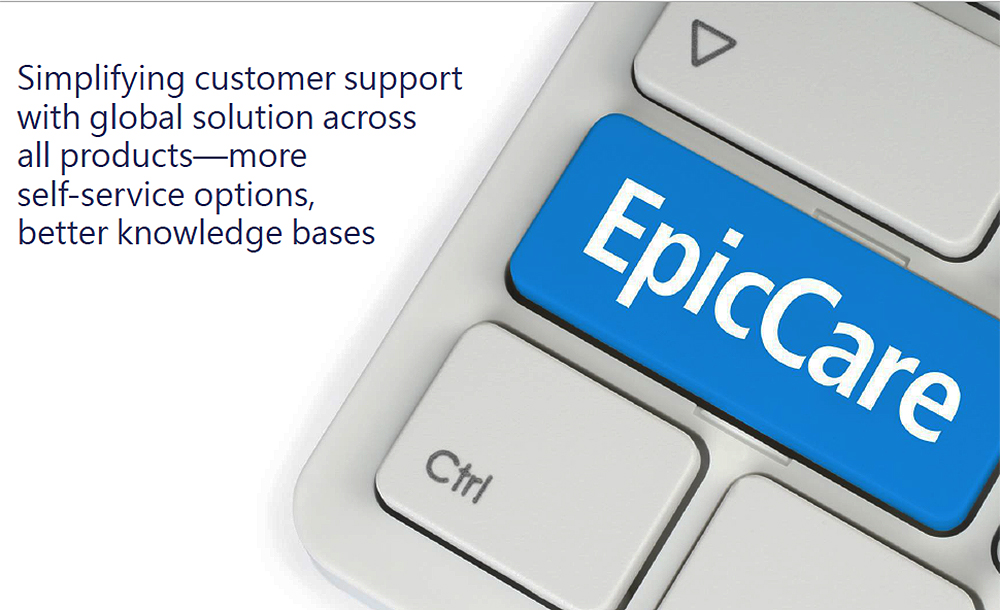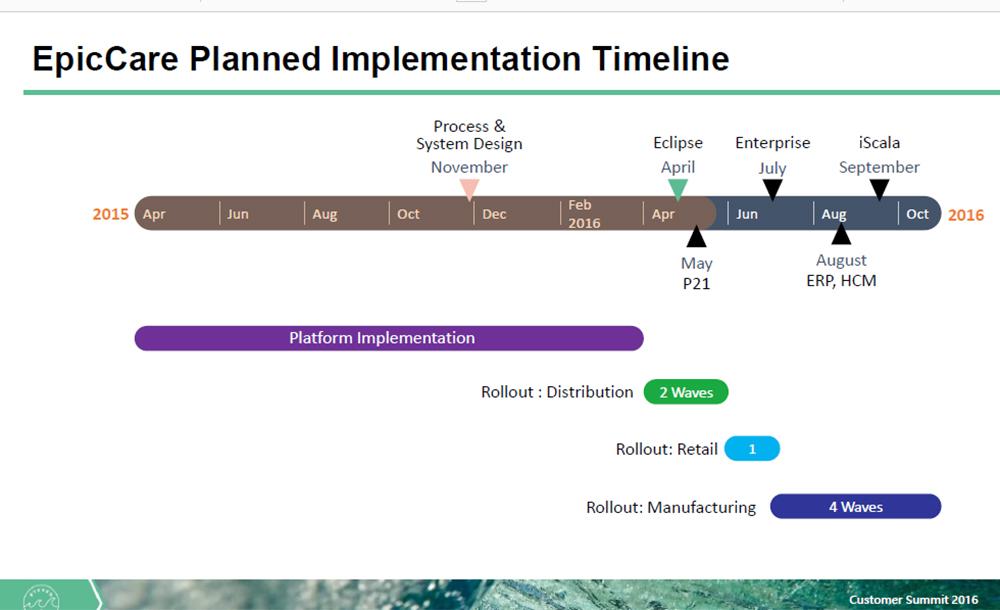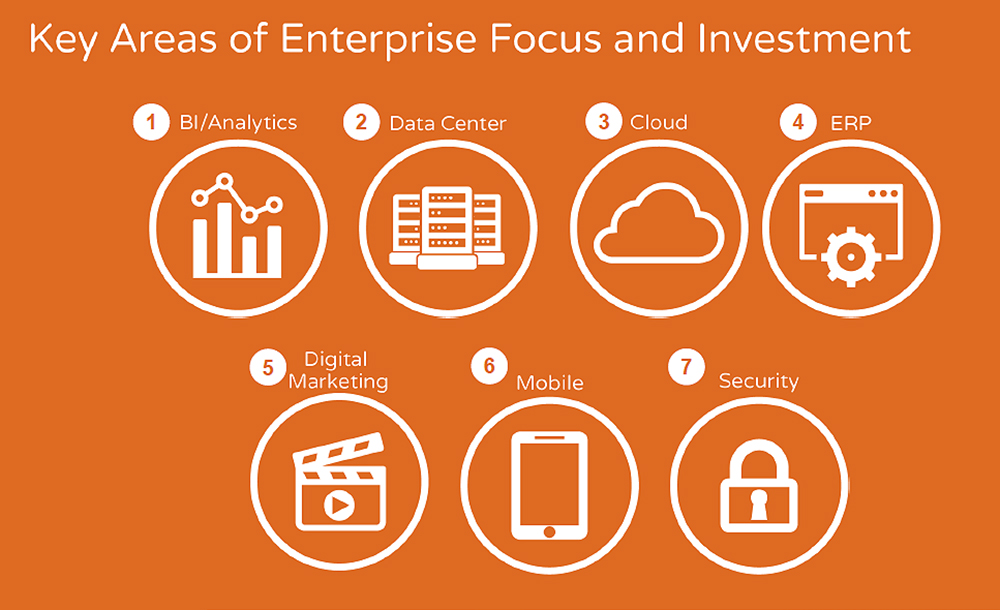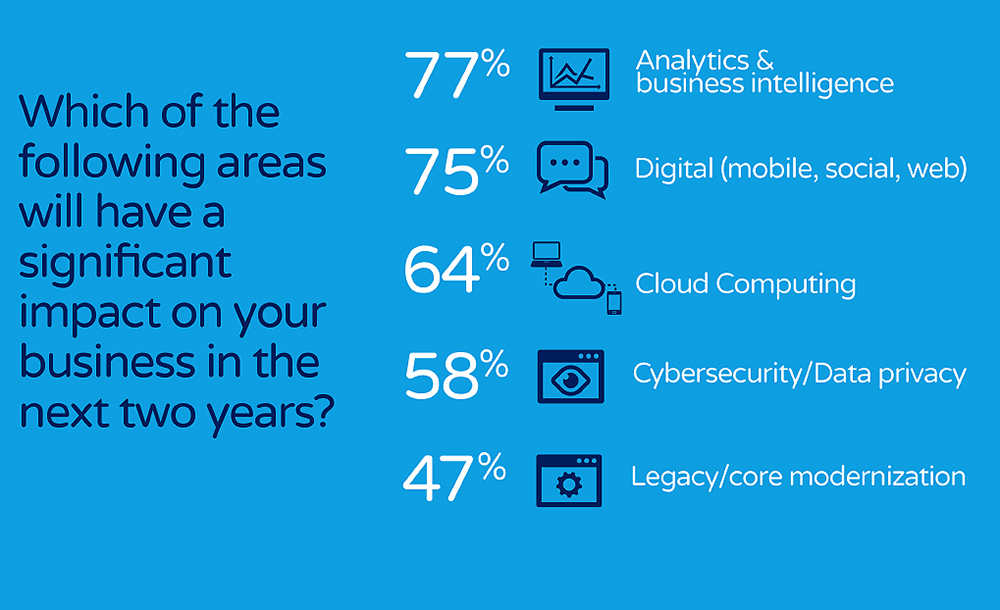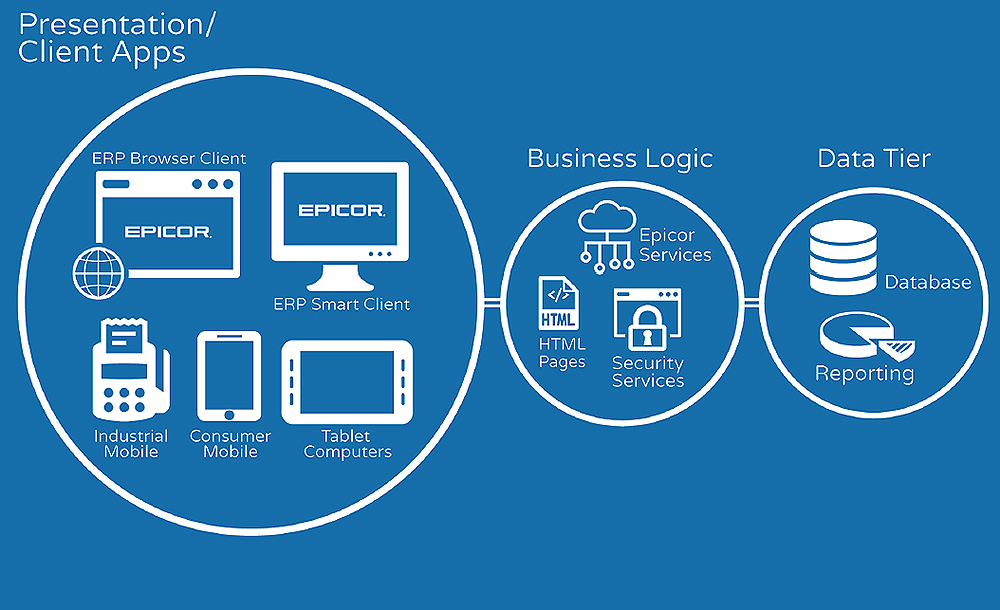How Epicor is restructuring to offer choice of ERP on cloud
Technology, the millennial workforce, and high percentage of small and medium businesses, are the principal drivers for the transformation happening to ERP applications across Africa and Middle East. For the new workforce, a combination of social, mobile, cloud is the new normal, and they expect the same experience to extend into the workplace and with coworkers.
Epicor is taking traditional ERP that used to exist within the four walls of an organisation, and is using various tools and technologies, to extend it outside the same four walls of the organisation. Another key requirement is to be able to extend the new cloud based ERP into suppliers, customers, and employees outside the organisation.
Even within the supply chain business process, Epicor’s core area of expertise, there is an industry expectation to move beyond just-in-time manufacturing to real-time manufacturing. This requires much higher levels of integration and collaboration leading to improved demand forecasting.
Cloud based applications bring with them certain key benefits. They are easier to integrate and interoperate amongst each other. Another key advantage is once set up by the vendor they do not need to be managed by the customer. Are ERP applications inherently not suited for the cloud? Sabby Gill, Executive Vice President, Epicor International, likens ERP on the cloud with e-commerce applications that require a mix of cloud based technologies and manual intervention to complete the end to end business process.
“We do not see that to be any different from the way cloud applications are deployed,” Gill points out, equating ERP on the cloud to any other cloud based enterprise application. Epicor ERP is today integrated with Salesforce.com and other cloud based ERPs and extended applications. “Cloud makes it a lot easier than would be if it were on premise.”
In order to prepare for opportunities around its cloud based ERP solutions, Epicor has restructured itself internally. It has adopted a dual-pronged approach in its local organisations across Africa and Middle East region. Internally it has created partner account managers and customer account managers. The partner account manager is responsible for end to end relationships with channel partners. They are advocates for channel partners within Epicor.
The customer account managers on the other hand is responsible for the full spectrum of the end customer relationship. This covers the original sale, through to implementation, through to continued support and any other issues that come up. “That whole structure is really the two-pronged approach and probably more relevant for this region than anywhere else,” explains Gill.
Externally channel partners fill a void for Epicor that it can never fill. “We are never going to be able to have half the relationships that those partners have.” Epicor is therefore investing in improving the skills of its channel partners and its support to enable them to go to market with cloud based solutions, on-premises solutions, or any others.
However with rapid digital and business disruptions and transformations, no mainstream enterprise application vendor can afford to restrict its options for existing and new customers. A customer in-cloud may want to switch back to on-premises. Gill believes a direct relationship with the end customer is required in order to provide choice to the customer at the right time.
“It is great to have cloud deployable products but what happens if you ever decide not to and you want to pull back. You need that ability to be able to take cloud based applications and move them on premise. So to us, it is choice at the end of the day from a customer perspective,” he explains.
With mainstream and startup ERP vendors having already rolled out and penetrated in-cloud opportunities, is it not too late for Epicor? Remarks Gill, “I believe that it is never too late, and I do not believe it is too early. I think we are at the right time because there is this paradigm shift with the cloud. More and more organisations are starting to adopt it. A lot of big cloud companies have already laid down the foundation that allows us to then go and leverage it.”
Epicor’s approach is therefore to invest in both sides of its dual pronged strategy – invest in channel partners and invest in its direct to customer channel. Its new tag line, Grow Business Not Software, is an indication that there is no turning back now for this ERP vendor.
Excerpted from,
The business case for deploying Epicor ERP in the cloud
What is cloud computing?
While no longer a foreign concept to most people, it is helpful to clarify the term cloud computing. The National Institute of Standards and Technology’s definition of cloud computing is: A model for enabling convenient, on-demand network access to a shared pool of configurable computing resources that can be rapidly provisioned and released with minimal management effort or service provider interaction. In short, it is the ability to subscribe to ERP in a turn-key fashion via the internet where the vendor owns, manages, monitors, and services the entire solution on the customer’s behalf.
Traditional on premises deployment of business applications, where a customer buys perpetually licensed software, hardware, supporting infrastructure, and services for deployment on their own private network, differs greatly from the two most common approaches to cloud computing or software as a service.
#1 Multi-tenant SaaS, where many customers share a single pool of computing resources across their collective organizations. In general terms, this model allows for massive scale and correspondingly compelling cost efficiency though the deployment of shared architecture across multiple tenant customer companies. Multi-tenancy can be provisioned at the infrastructure level, platform level, or application level. Epicor embraces multi-tenancy at the application level, generally regarded as the most cost efficient model for multi-tenant SaaS deployment.
#2 Single-tenant SaaS, where a customer has computing resources dedicated to their exclusive use, and greater control over system administration and policies. This approach is most common where a customer’s business or technical priorities dictate that their SaaS deployment is entirely dedicated to their own use, and not to be shared or mingled with other tenants. Single-tenant SaaS is often provided out of the same physical location as multi-tenant SaaS to leverage data center efficiencies, but the privacy and integrity of each single-tenant SaaS deployment is kept absolutely separate from other cloud deployed customers.
Epicor actively supports all three deployment models: on-premises, multi-tenant, and single-tenant from the same Epicor ERP codebase. There is no single best answer to the question, which of these models is best? Every customer has different needs, and brings different technical, business, and regulatory requirements to their deployment of Epicor ERP. The pursuit of the cloud as a path to ERP agility, efficiency, and effectiveness has been validated by a number of studies and indicators in recent years.
The business case for Epicor ERP in the cloud is largely organised around these five pillars:
#1 Consistency
The ability to improve business operations by unifying and standardizing the enterprise onto a single, integrated Enterprise Resource Planning solution at all levels.
#2 Efficiency
Delivering a better user experience and better user access combined with reduced time to value.
#3 Simplicity
The opportunity to remove complex IT infrastructure questions from the equation, and allowing the ERP selection and deployment process to be managed by line of business decision makers.
#4 Availability and security
The manner by which cloud solutions offer massive scalability, improved security and reliability over on premises deployed applications.
#5 Agility
Being able to instantly adjust the deployment scope, scale, or modality in responses to changes in company’s business and technical needs.

Epicor ERP on cloud
- Ability to take cloud based apps and move them on-premises
- Choice is the most important from a customer perspective
- Dual strategy, channel partners and direct accounts
- Easier for cloud applications to inter-operate than on-premises
- Epicor’s new slogan – Grow business not software
- ERP on-cloud no different from other cloud applications
- Millennial individual expects totally different experience in workplace
- Never going to have half the relationships partners have
- We are not too late and it is not too early
- What happens if a customer decides to pull back from cloud to on-premises
In addition to these business benefits, the economic case for cloud computing is compelling. Reducing and in some cases eliminating the initial capital investment in software, hardware, and supporting infrastructure is widely seen as reducing the total cost of ownership for customers. Indeed, one estimate reported that cloud-based ERP solutions can costs 50% less than on premises ERP solutions over a typical lifecycle. Beyond the TCO, many Epicor ERP customers deploying in the cloud report faster time to value through rapid deployment of the application, and appreciate the predictable, regular monthly subscription pricing—typically expensed rather than capitalized as is the generally accepted practice for on premises deployments.
Despite the growing popularity of cloud deployment models in the last decade, the right deployment model for any given customer still requires thought and consideration. Many of Epicor customers have chosen to deploy Epicor ERP in multi-tenant SaaS model, many others in single-tenant SaaS model. Yet there are customers who have compelling business or technical reasons to opt for an on premises deployment model. Indeed, because Epicor ERP is the exact same solution deployed at a customer’s site as it is in the cloud, it provides absolute freedom of choice when it comes to the deployment model. Epicor’s best advice to customers considering deploying in the cloud or on premises is to not surrender to a single option vendor.
Epicor ERP allows customers to easily migrate between cloud deployed systems and on premises licensed deployments with no impact on end-user efficiency. Indeed, most customers are entirely unaware of the physical location of their application and data, before or after a move to or from the cloud. The important lesson here for customers who are making a decision between cloud and on premises is that the best answer is both. Future proof your decisions by ensuring that as your needs change, you are able to easily migrate to the cloud, and perhaps back again. Finally, it is worth mentioning that with Epicor ERP deployed under a single or multi-tenant SaaS model, the end user retains ownership of their data.
Cloud deployment is often seen as a great way to end internal system proliferation and balkanization as well. By unifying your staff onto a single cloud based Epicor ERP solution, collaboration becomes the norm. Cloud based Epicor ERP deployments allow end users to add and remove users in single-user increments, allowing you to take into consideration small changes to your ERP deployment, and factor in system variability such as seasonality. This is not generally as simple when deploying on premises. With on premises deployments, your IT team will need to procure hardware, servers, routers, storage, to support the peak number of potential concurrent users, the high water mark, resulting in idle software and hardware capacity at all but the busiest of times. The same is true for all necessary supporting licenses as well Epicor software licenses.
Because many IT investments have long lead times and step function scaling scenarios, running your Epicor ERP system on premises may require thoughtful management by your IT team to achieve the same level of agility provided by the cloud. Deploying in the cloud pushes the responsibility for planning this scale onto Epicor, allowing you as a customer to focus on your primary business objectives, not your hardware performance specifications, system architecture, or license compliancy.
One of the more compelling cases for a SaaS deployment, especially a multi-tenant deployment, is the friction free, automatic updates benefit. Customers whose business needs are much more static, or have a policy to roll out updates only after lengthy technical review may find this instant and automatic upgrade model less compelling.

